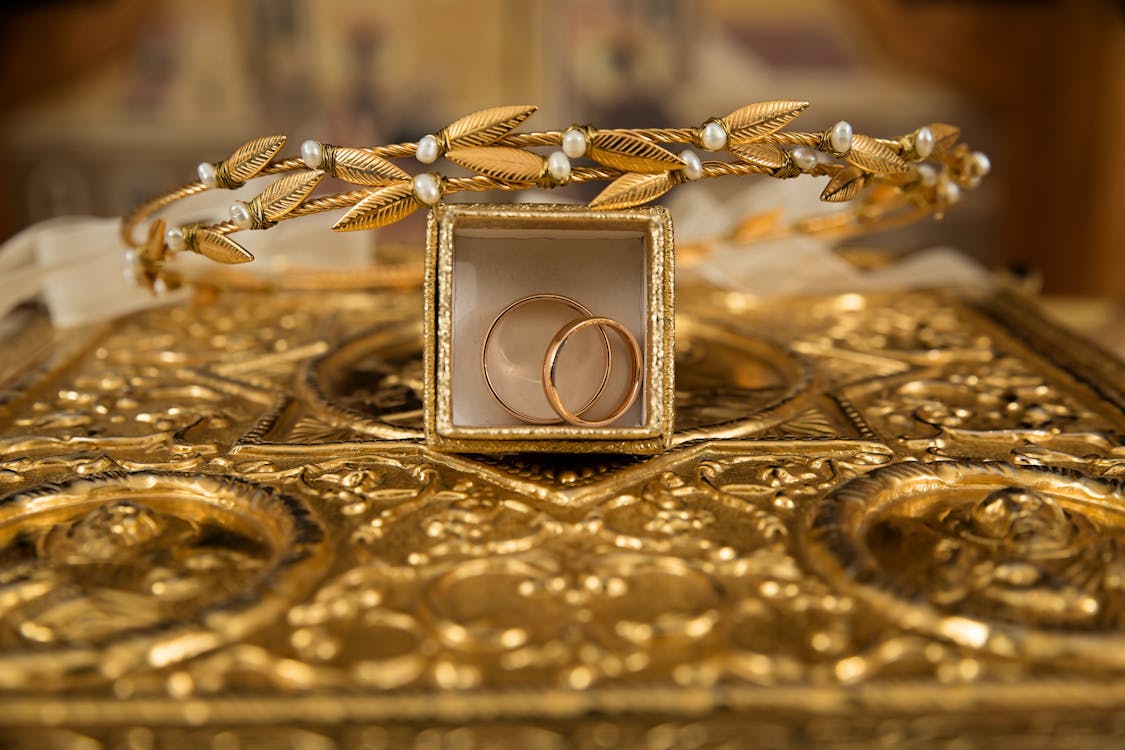
And the LORD had given the people favor in the sight of the Egyptians, so that they let them have what they asked. Thus they plundered the Egyptians. –Exodus 12:36
The Israelites did not leave Egypt empty-handed. Though all they had was an army of slaves, they were still able to plunder their conquered foes. Foes of which they never even laid a hand upon. God was going to transfer the wealth and blessings he had bestowed upon Egypt and transfer them to Israel.
In studying these passages I found it interesting the application points often drawn from this plundering of Egypt. Ryken summarizes the positions well:
The plundering of the Egyptians has often been used to illustrate the relationship between Christianity and culture. Theologians of the early church, such as Origen, used this episode to defend their use of pagan learning. They noted how the Israelites took precious metals and fine cloth from the Egyptians and used them to build God’s house, the tabernacle. In the same way, they argued, Christians may borrow the best of human learning and dedicate it to God. Augustine reasoned that Christians may use the ‘Egyptian gold’ of secular though because all truth is God’s truth. However, he cautioned that his learning must be tested against Scripture to determine whether or not it is genuine gold. Furthermore, Biblical truth is far more valuable than any form of merely human knowledge. (Ryken, 321)
I’ve encountered this way of thinking in two main areas within the church: leadership and counseling. It seems to me that we’ve come to aggressively believe that what Egypt has to offer on these topics is far more valuable than what “Israel” has. In order to really experience the Exodus we will need the help of Egypt for the journey of redemption.
I’m not one to dismiss all secular help (I don’t think that is wise or even biblically necessary). But I do believe our application of this passage is missing a key part of the narrative; namely, that it wasn’t only the tabernacle this gold built but also a golden calf. As it has been said before, though the Israelites were out of Egypt it appears that Egypt wasn’t fully out of the Israelites. Plunder became an idol. When Moses didn’t come down from the mountain they grew discontent and replaced the revelation of God with a convenient idol out of Egyptian plunder.
I appreciate the way Lionel Windsor points out this connection:
Secular wisdom, in the end, isn’t just a collection of shapeless nuggets, or discrete techniques, that we can grab and bolt harmlessly on to our theology as we seek to serve God. Wordly wisdom affects our whole way of thinking, our way of relating, our way of speaking to one another. Corporate management textbooks invite us to speak (and therefore to think) about our church as a corporation. Music lessons encourage us to treat church as a performance. Self-help books invite us to believe that we can help ourselves….The more we think and speak and behave according to secular patterns, the greater the danger there is to us of forgetting about God and who he is. The more we get used to the groove of secular wisdom, the more we run the risk of fashioning a god for ourselves out of our secular nuggets.
All of this to say I’m a bit uneasy with using the plundering of the Egyptians as de facto permission to use all manner of secular “wisdom”. The biblical text isn’t intending to teach that in order for the Israelites to survive and to experience redemption they’ll need the assistance of Egyptian gold. But rather it’s a bit of a love story about God’s gracious provision and also a cautionary tale about how a stiff-necked people use God’s good gifts for idolatrous purposes.
—
Photo source: here